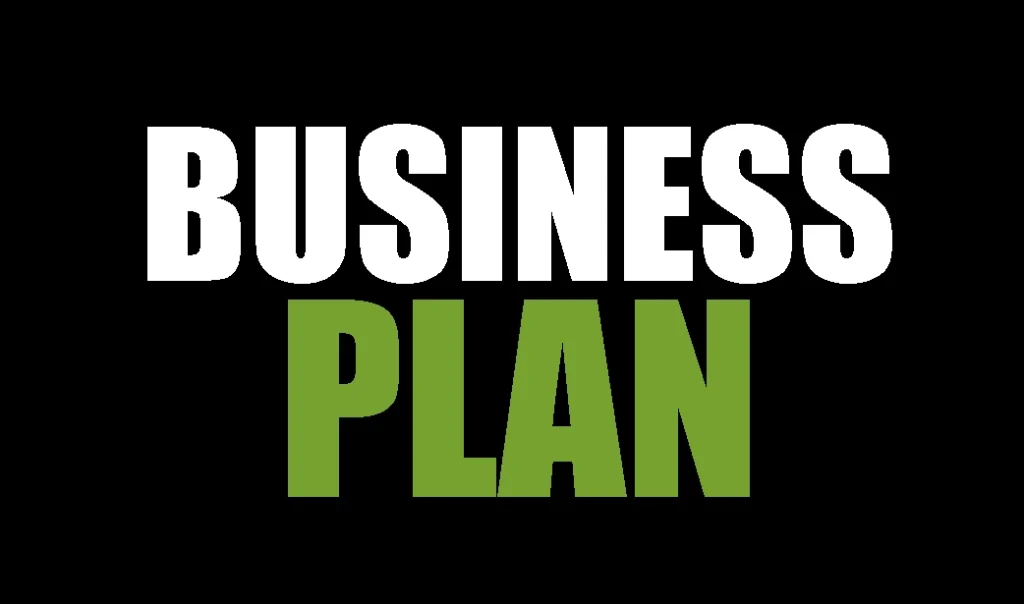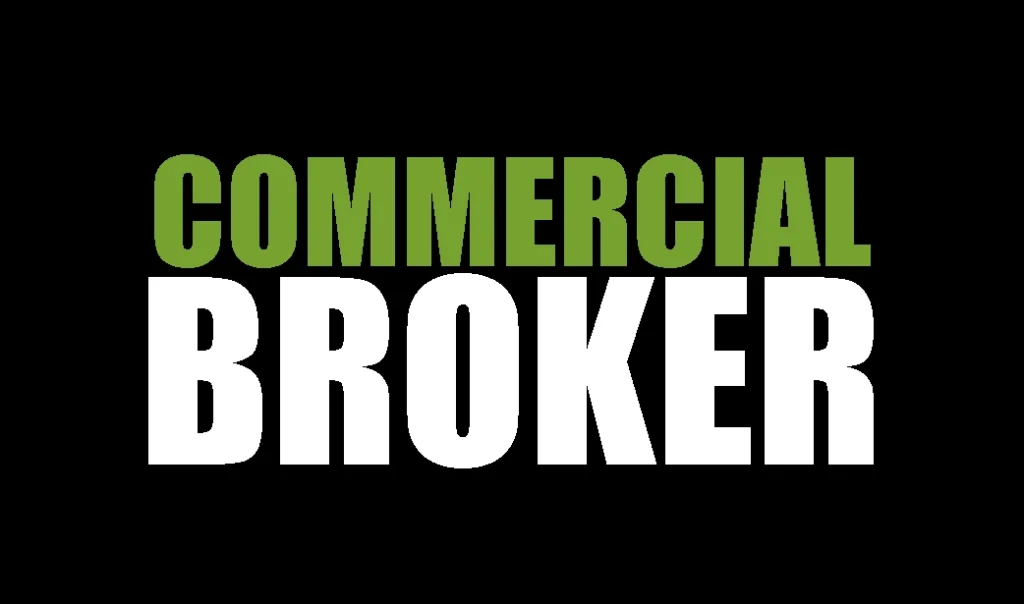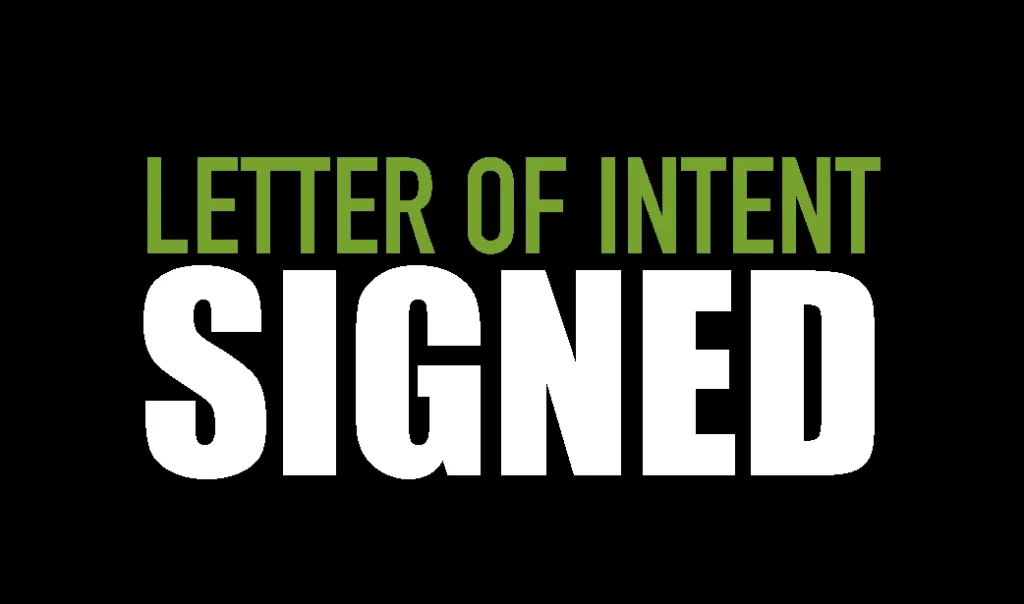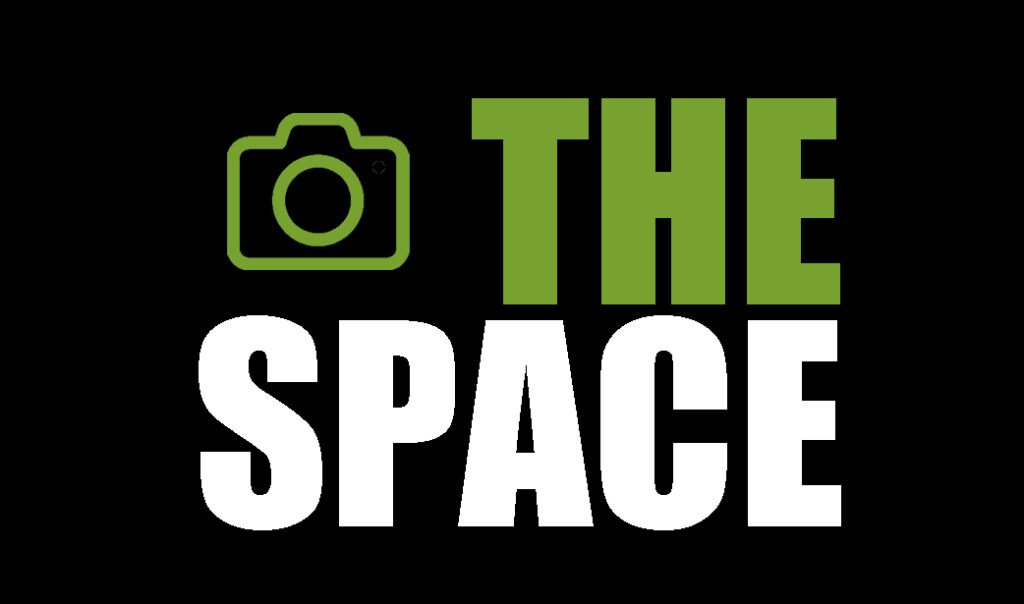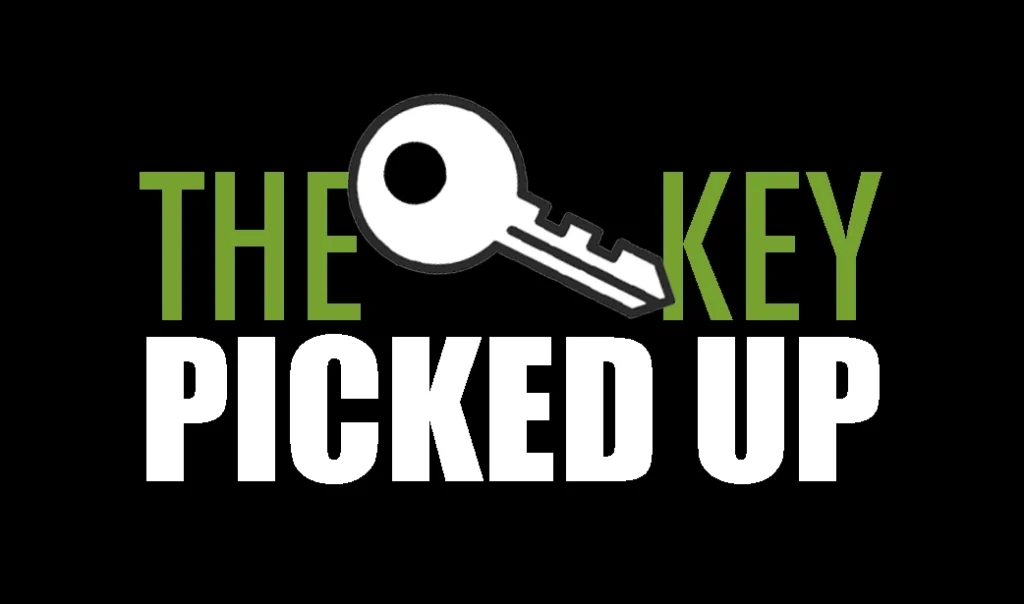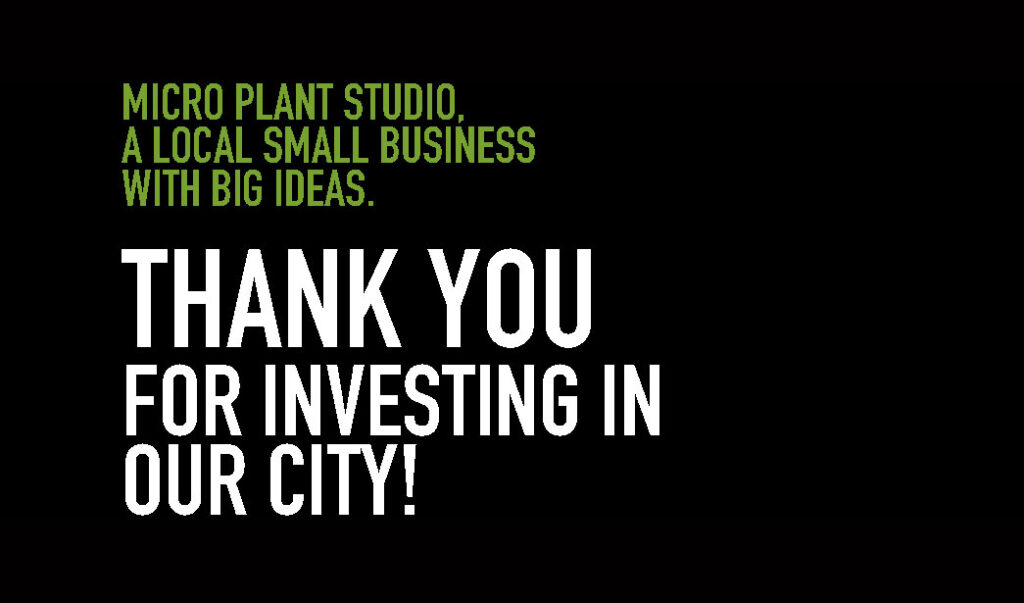Numbers and writing were the two things Julio disliked the most in high school. Julio remembers telling his math teacher he would not need math because he would attend art school. He tried ignoring writing. Somehow, he found writing in English very difficult, which was his second language. These two subjects required sequential learning. Julio’s brain was wired a bit differently. Oh, boy, was he wrong. Enrolling in grad school helped him appreciate writing and math. He started to understand the beauty of telling stories through numbers! This was when it clicked that the numbers could tell his own story, his business story, as a first-generation business owner.
Writing a business plan requires you to organize data, especially business statements, collect sales information, and use it to contrast and project expenses and opportunities when planning an expansion. At Micro Plant Studio, we have collected a lot of data from day one, which has helped us understand how we are moving forward. We are primarily a credit card-driven business. We collect data through our point-of-sale system, which informs our online accounting system, keeps track of cash going in and out, and produces reports. Luckily, we obtained technical support with the SPACE grant, which helped with the business plan. Having a business plan developed professionally can be costly and time-consuming. The city of Boston linked us with LEAFFund.org, more specifically, with the extraordinaire financial analysts Chris and Jordan.
When Julio first met with the LEAF team, he described it as dating but through numbers. These guys love numbers—you can see it in their eyes. They asked for documents and reports to increase understanding of the company’s overall financial health and to develop the model for the second location businesses. The numbers don’t lie. Numbers helped expose financial patterns, good and bad, items that sell the most, and some growth opportunities. This process was a bit painful; the amount of information requested was like going through your closet, making you feel vulnerable. When you begin this process, you must create a meaningful partnership with financial analysts because you share your finances with them. For some of us, that is very personal, depending on our cultural background and upbringing. For some reason, they made Julio feel comfortable–no judgment was passed. Fast forward, when the model was developed, we considered the following: residential and employee density, potential competition (businesses that carry similar products), income level, demographics, tenants within the building, mobility, and transport traffic (walking, biking, train, bus, and car). In addition, the total cost to open the new space, utilities, signage, architect fees, buildout, insurance, equipment, furniture, hard goods (pots), perishables (flowers and plants), and more. Once the model was created, they could dump numbers into it and help me understand how many more items we would need to sell to stay afloat. The higher the rent, the more items and services we need to sell. Every time I found a location, I emailed them, and they dumped the numbers and made a financial analysis.
In his family, Julio is the first to own a business. For him, owning a business and troubleshooting has been a very lonely experience, and with that comes fear—fear of the unknown, fear of failing. Being open to sharing your concerns is essential. Julio ended up sharing his fear of becoming homeless and failing with Christ and Jordan. Sometimes, we are too much in our heads. Julio is self-financed, and any wrong steps will set him back. Understanding your financial risks is essential, but sharing them with financial analysts is crucial because they provide perspectives and options. That is what Chris and Jordan did.
Takeaways:
- Keep all data organized and have good point of sale and online accounting systems, which are very helpful.
- Build a trusting rapport with the business analyst personnel. They will help you develop a clear vision of your business model.
- Forward all requested information in a timely manner.
- Ask questions for clarity.
- Share as much as possible about your business’s sales trends and what other businesses have opened around you that might have directly impacted your bottom line.
- Send follow-up and reminder emails.



